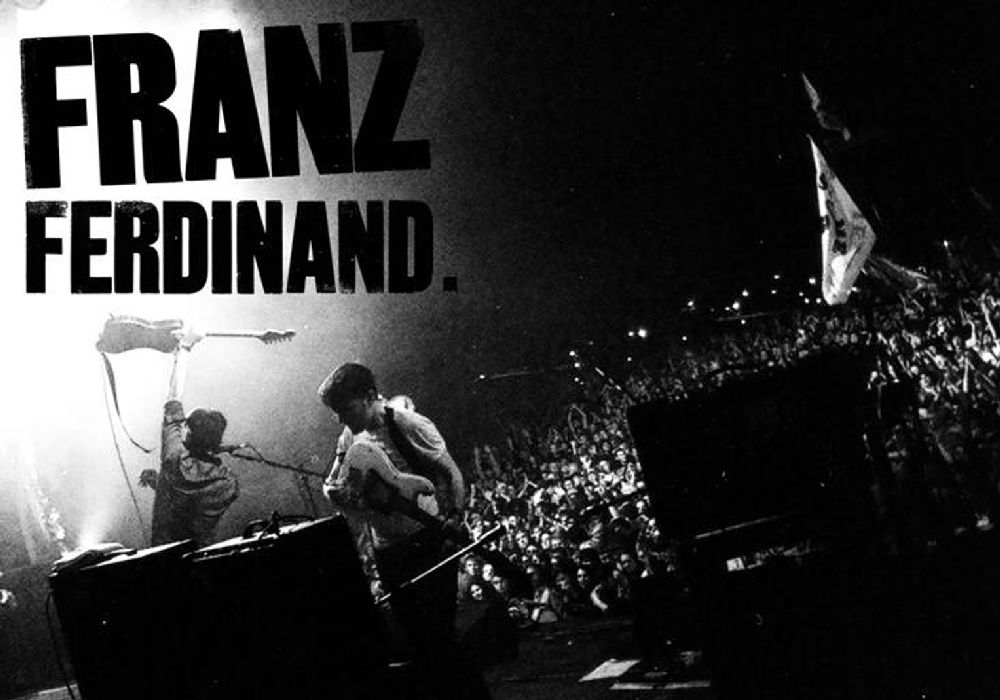


In other words, he was now rather regarded as a national hero (and Franz Ferdinand as a member of the former imperialist oppressors). Instead, the memory of the assassins was now celebrated and a memorial plaque erected that almost praised them – and the Latin Bridge was renamed after Princip. The Austro-Hungarian monument/shrine was later removed under Serbian/Croatian rule after World War One. The way the Sarajevo events of 1914, and the roles of Gavrilo Princip and Franz Ferdinand, were portrayed and commemorated afterwards bears witness to the changeability of attitudes towards and classifications of important historical events: first a pompously large monument/shrine to the Archduke was erected – while Princip was obviously denounced as nothing but a murderer. Thus young Gavrilo Princip can be said to have shaped the course of history in the 20th century – although it is quite likely that war would have broken out anyway, given the political tensions and military mobilizations of the time. Alliances between various countries meant that soon after much of Europe was plunged into the extensive bloodletting that the "Great War" of 1914 to 1918 turned into. On an international scale, the assassination sparked off what was to become the First World War: when the Austro-Hungarians alleged some Serbian involvement in the assassination plot, this was used as the reason to declare war on Serbia. He was incarcerated at the Theresienstadt prison (which later gained even more notoriety as a Nazi concentration camp) under harsh conditions – from which he died less than four years later (from tuberculosis, to be precise).

The assassins were all arrested – some were later executed, but Princip was too young for the death penalty and was thus sentenced to 20 years’ imprisonment.


 0 kommentar(er)
0 kommentar(er)
